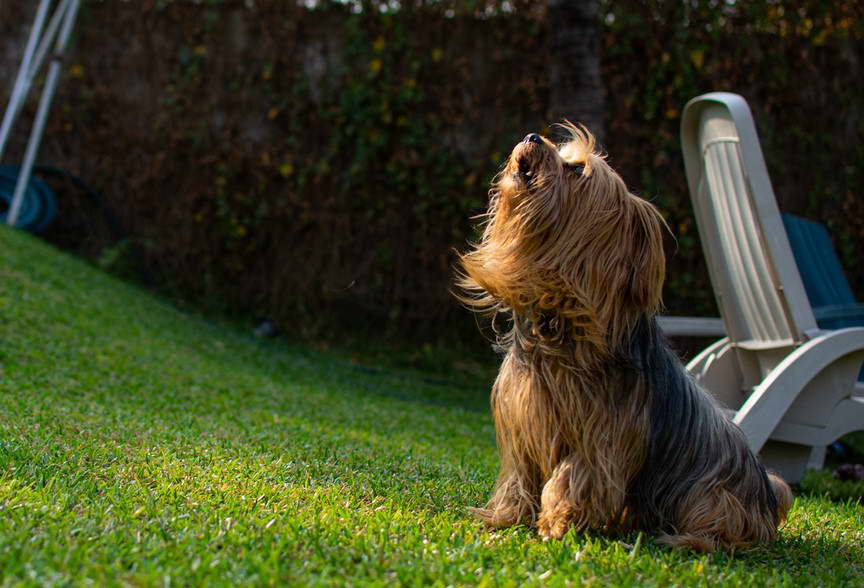
How to Stop Your Yorkshire Terrier From Barking
If you’ve been frustrated by your Yorkshire terrier’s uncontrollable barking, it’s time to learn how to stop it. There are several methods that you can use, including ignoring your dog and rewarding good behavior with treats or petting. While a firm voice may be sufficient, you should avoid yelling at your dog. By knowing the different types of barking, you can stop your Yorkie from misbehaving and enjoy your company.
One reason your Yorkie may bark is to alert you of danger or changes in the environment. While most dogs bark to alert their owners to intruders, yours may be a little more sensitive. Likewise, a barking dog can also be a sign of pain, anxiety, or even love. A barking dog can be an annoyance for anyone living in the vicinity. Regardless of the cause, you must take action to mitigate the issue.
Another effective method to stop Yorkshire Terrier barking is to train your dog to not bark at strangers and vehicles. It’s not surprising that Yorkies bark a lot when they’re irritated. If you want to avoid Yorkshire Terrier barking, make sure your dog doesn’t have access to windows and vehicles. Besides that, train your dog to stay away from these areas, where your neighbors might be.
Despite Yorkshire Terrier’s high level of alertness, it is not unusual for them to bark at the unexpected.
These dogs are very sensitive to noises and are prone to barking when they’re bored or aren’t given enough exercise. For this reason, it’s important to exercise your Yorkie regularly and provide plenty of opportunities for play and interaction. Playing intelligence games and giving your dog plenty of exercises is a great way to avoid Yorkshire Terrier barking.
Nevertheless, you should never shout at your dog for barking. This will only confuse your pup and make it more agitated. Instead, try talking calmly to your Yorkie and maintain your authority. You may also try giving your dog a treat to reward good behavior instead of punishing it. Keep in mind that yelling at your Yorkie will only make it worse. A more effective method is to teach him to ignore the barking.
Whether your Yorkie is barking because it’s lonely or boring, the best way to stop your Yorkie’s problem is to eliminate the source of its irritation.
Having more avenues for entertainment will make your dog happier and less likely to bark. It’s important to provide your pup with a variety of toys, and playtime will help to break this habit. By providing a variety of opportunities for your Yorkie to play, you can help reduce his excessive barking and create a happy, harmonious relationship.
Training your Yorkie early will also help prevent this behavior from developing. Yorkies are highly vocal and bark when they feel lonely or when they aren’t being attended to. If you’d like to learn more about dog training, check out Brandon McMillan’s MasterClass on dog training. K9 Training Institute also holds a free workshop. While the dog may be barking out of boredom, he’s trying to communicate his needs.
Lastly, retraining your Yorkie to be calm during the night is important. Yorkies are social creatures, and they like to be close to their owners. Sleeping close to their owners may help calm them and minimize disturbances to their sleep. However, consistency is key. Make sure your Yorkie has a bedtime routine that he knows will help him sleep through the night. This will make him less likely to bark while you’re sleeping.
While reprimanding a persistent or repetitive barking is not always effective, Yorkies can be stubborn creatures. You should avoid yelling at your Yorkie or rewarding it with treats when it does it. Even if your dog is obedient, it may still be acting aggressively and may start a destructive behavior. As long as you don’t reward the dog for its bad behavior, you should be able to curb it.

Meet Rose Camilla, an expert in the Terrier dog breed and an active writer and publisher. Camilla has been working with Terriers for over 12 years and her passion for them has only grown stronger with time. She has dedicated her life to understanding, training, and writing about Terriers.